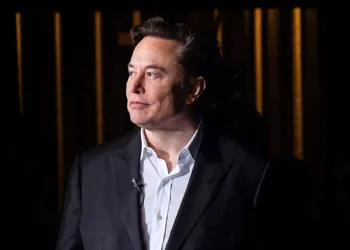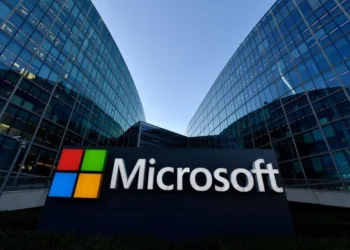OpenAI is reportedly building a generative AI music tool that creates compositions from text and audio prompts, marking its return to music generation after shelving earlier projects like MuseNet and Jukebox. The move positions the ChatGPT creator against established players like Google, Suno, and Udio in the rapidly expanding AI music space.
Table of Contents

OpenAI Music Tool: What We Know So Far
| Feature | Details |
|---|---|
| Functionality | Text and audio prompts to music |
| Capabilities | Add music to videos, instrumental layers |
| Training Partner | Juilliard School students (annotating scores) |
| Launch Timeline | Unconfirmed |
| Integration | Standalone or ChatGPT/Sora integration unclear |
| Previous Projects | MuseNet (2019), Jukebox (2020) |
| Competitors | Google, Suno, Udio, ElevenLabs |
| Copyright Status | No licensing deals confirmed yet |
How OpenAI’s Music Tool Will Work
According to reports from The Information, the tool will allow users to generate complete musical compositions by typing text prompts—similar to ChatGPT for text or DALL-E for images. Practical applications include adding background scores to videos, generating guitar accompaniment for vocal tracks, or creating royalty-free music for content creators.
OpenAI is collaborating with students from The Juilliard School to annotate musical scores, providing structured training data about composition, arrangement, and musical theory. This approach differs from competitors who’ve faced copyright lawsuits for allegedly training on protected works without permission.

The Copyright Minefield
The timing is precarious. Major record labels through the RIAA have filed lawsuits against Suno and Udio, alleging mass copyright infringement with damages up to $150,000 per work. OpenAI’s recent Sora video tool launch sparked similar deepfake controversies, forcing the company to promise creator controls and revenue-sharing.
Unlike competitors, OpenAI appears to be taking a cautious approach by partnering with legitimate educational institutions. However, training exclusively on out-of-copyright classical works would limit the tool’s commercial appeal—modern licensing deals with rights holders will likely be necessary.

What This Means for Musicians and Creators
Content creators currently face limited options: copyright-approved library music, expensive licensing deals, or royalty-free tracks with restrictive terms. An AI music generator integrated into ChatGPT could democratize music production, though it raises existential questions about human artistry’s value.
Spotify’s recent AI music policy emphasizes “partner first, license before launching”—a template OpenAI would be wise to follow. For official updates, visit OpenAI’s website. Check out TechnoSports for more AI developments.
FAQs
When will OpenAI’s music tool launch?
No official timeline has been announced; reports suggest development is ongoing with Juilliard School collaboration.
Will the music be copyright-free?
Unclear—OpenAI hasn’t confirmed licensing deals, making copyright status uncertain for commercial use.








